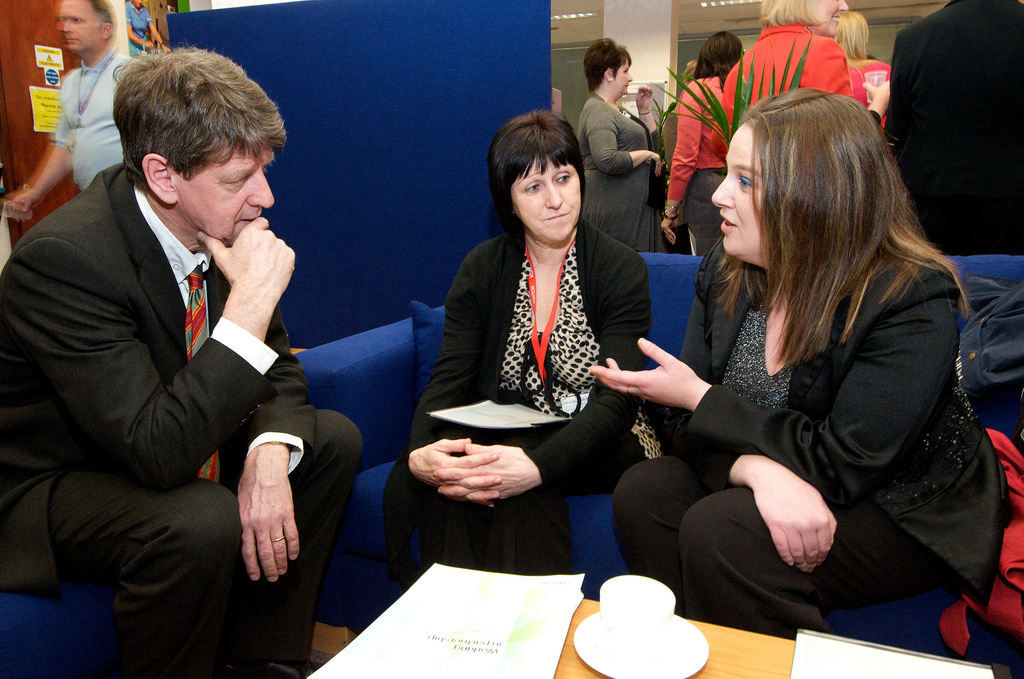
Sympathy is often considered a weakness in business, but new research by Laura Kray, a professor in the Haas Management of Organizations Group at University of California, Berkeley, proves otherwise.
“Sympathy is an emotion that corresponds with good will,” Kray said. “In negotiations, it can translate into a willingness to problem solve in ways that might not otherwise occur.”
Along with co-authors Aiwa Shirako (Berkeley-Haas PhD 11 and people analyst at Google) and Gavin Kilduff (Berkeley-Haas PhD 10 and an assistant professor at New York University’s Stern School of Business), Kray’s study found that being transparent about one’s misfortune is more effective when a “low power” or someone in a weaker negotiation position initiates the sympathy.
“Relative to low power negotiators, we find that high power negotiators’ sympathy appeals are seen as more inappropriate and manipulative, and may damage the negotiators’ relationship going forward,” the researchers wrote in the study’s abstract.
Across five studies, though, Kray’s results showed that genuine vulnerability can be advantageous.
“Our findings reveal an optimistic message,” Kray said. “Even when people are in powerful positions, situations in which cold-hearted, rational actors might be expected to behave opportunistically, we are finding instead that their feelings of sympathy motivate them to help the disadvantaged.”
(photo credit: The Open University (OU) via photopin cc)
